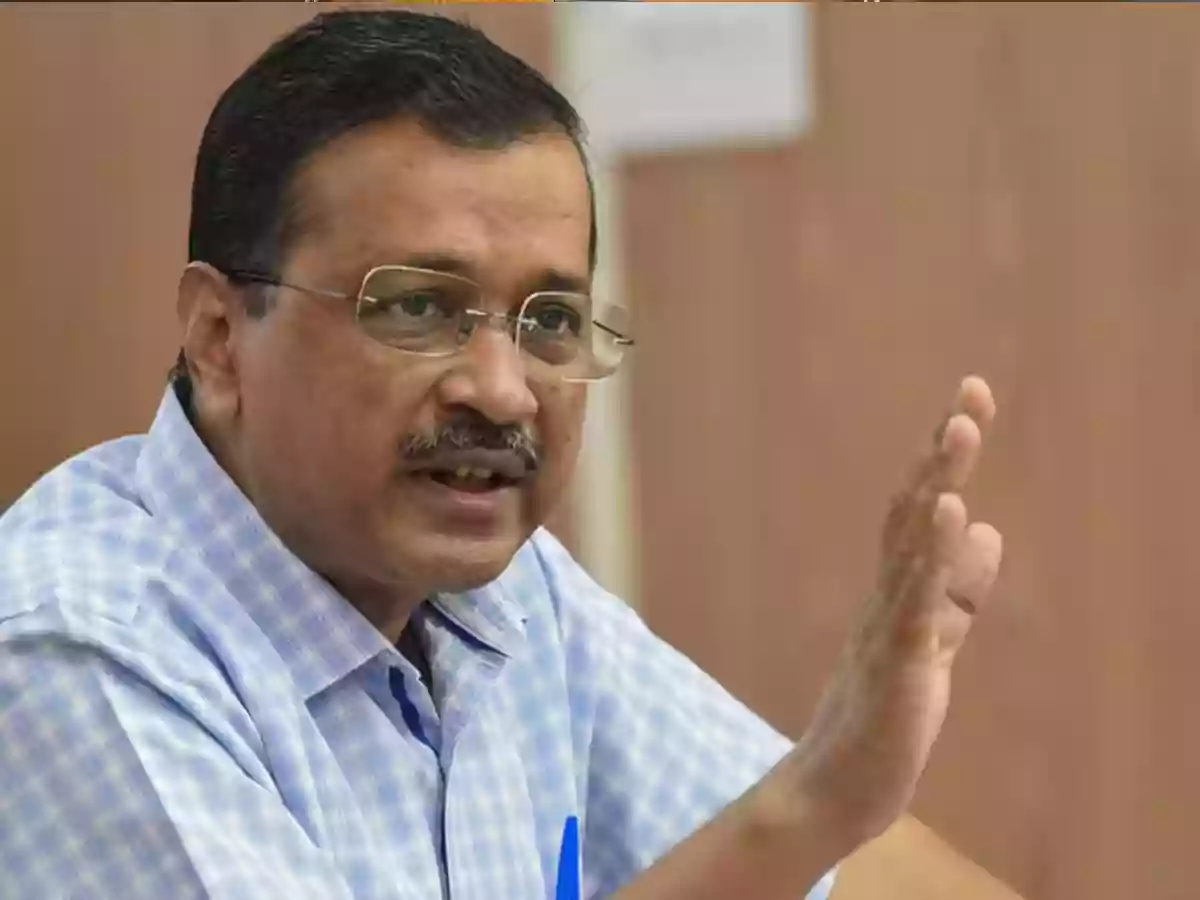2 arrested as Gujarat family held hostage in Bengal over ₹15 lakh ransom for fake passports
.gif)
.gif)

On Wednesday, Delhi CM Arvind Kejriwal's advocate Abhishek Manu Singhvi told the Delhi HC that the timing of the arrest sparked a democracy issue as the petitioner (Kejriwal) would not be able to participate in the election process. The arrest is an attempt to demolish the Aam Aadmi Party even before the first vote is cast, Singhvi said beginning the argument.
Questioning the urgency of Kejriwal's arrest, Singhvi argued: “Level playing field is not just a phrase, word but has three components—- it is part of free and fair elections which, in turn, is part of democracy and basic structure. It reeks of the timing issue — to not participate in the election and to try and demolish the political party before the first vote is cast. The timing reeks of basic structure, democracy issue, free and fair elections issue. The timing reeks of basic structure issue, free and fair election issue and democracy issue. What is this urgency or necessity?”
Singhvi argued that between October 30, 2023 (the date of the first summons) and March 16 (the date of the 9th summons), the ED found no material supporting Section 50 of the PMLA. The ED remand application said they wanted to find out the role of the chief minister which can't be the grounds for the arrest, Kejriwal's lawyer said.
On April 1, Kejriwal was sent to 15-day judicial custody by the Rouse Avenue court. The high court is hearing a plea moved by the Delhi chief minister challenging his arrest.
While Kejriwal is continuing to remain the CM even after being sent to Tihar, AAP MP Sanjay Singh on Tuesday got bail in the same case. But Sanjay Singh's bail could not be cited as precedent in any other case, the Supreme Court stipulated.